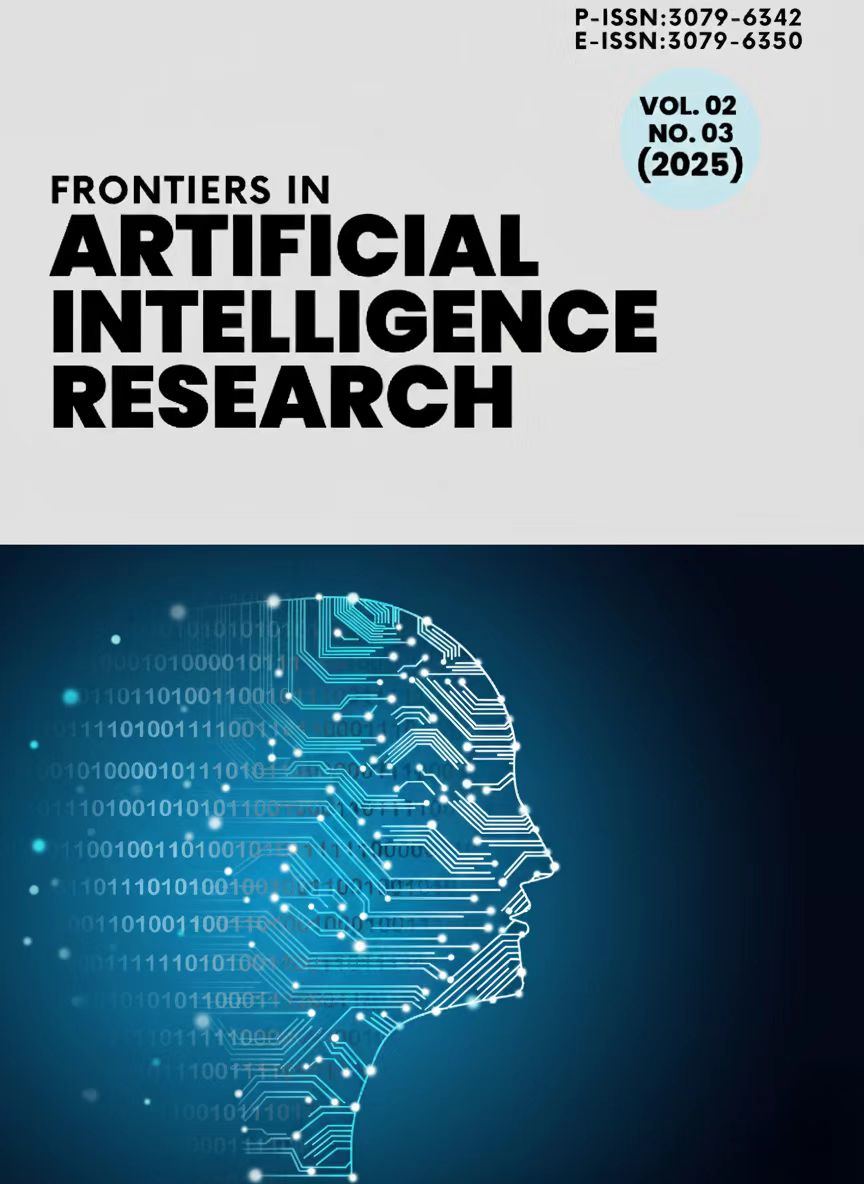Attention-Enhanced Cross-Modal Learning for Detecting Anomalies in System Software
DOI:
https://doi.org/10.71465/fair353Keywords:
Anomaly Detection, Cross-Modal Learning, Convolutional Neural Networks, Hidden Markov Models, System Security, Mixture of ExpertsAbstract
System software anomaly detection has become increasingly critical as modern computing systems grow in complexity and scale. Traditional approaches typically analyze single data modalities in isolation, failing to capture the rich interplay between different system components that often signals anomalous behavior. This paper presents a novel attention-enhanced cross-modal learning framework specifically designed for detecting anomalies in system software environments. Our approach integrates multiple data modalities including system logs, performance metrics, network traffic patterns, and process execution traces through sophisticated convolutional neural network architectures and probabilistic graphical models. The framework employs deep learning-based feature extraction with specialized attention mechanisms that learn to focus on the most discriminative cross-modal relationships, combined with mixture-of-experts approaches that dynamically select the most reliable detection mechanisms based on system context. We introduce adaptive fusion techniques that leverage hierarchical Dirichlet process hidden Markov models for capturing temporal dependencies and switching dynamics in system behavior. Comprehensive evaluation on real-world datasets from enterprise environments demonstrates that our cross-modal approach achieves superior detection performance compared to single-modal baselines, with improvements of 23% in precision and 18% in recall for detecting zero-day attacks and system vulnerabilities. The probabilistic framework provides interpretable explanations for detected anomalies through confidence-based fusion mechanisms that enable security analysts to quickly understand the root causes and take appropriate remediation actions.
Downloads
Downloads
Published
Issue
Section
License
Copyright (c) 2025 Rachel Stein (Author)

This work is licensed under a Creative Commons Attribution-NonCommercial-NoDerivatives 4.0 International License.




